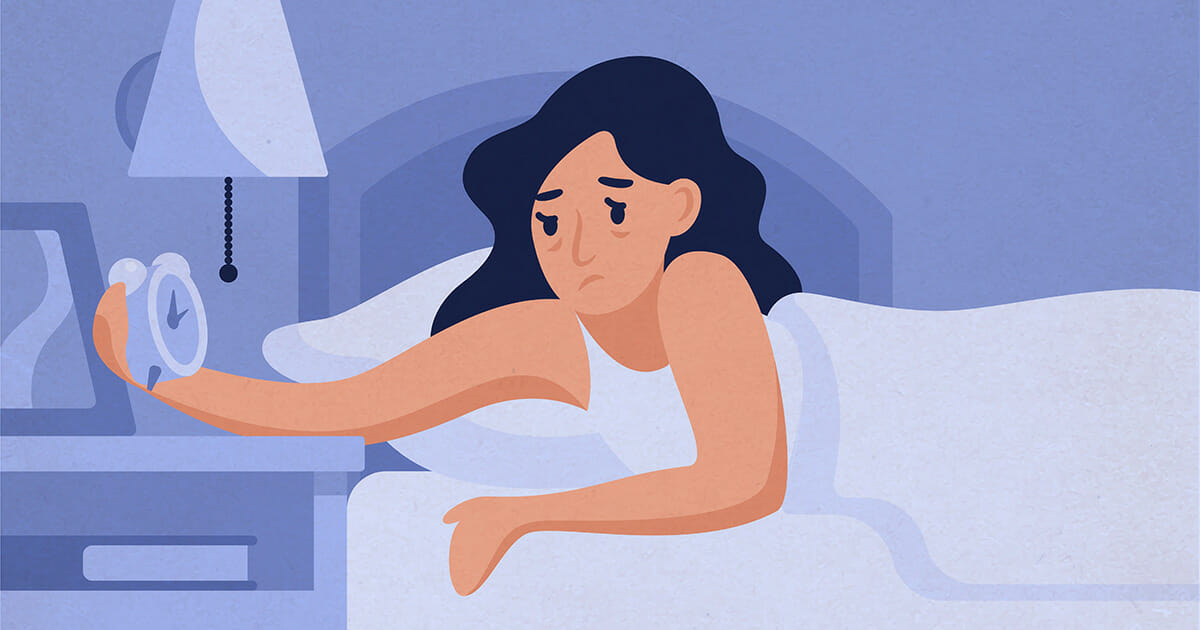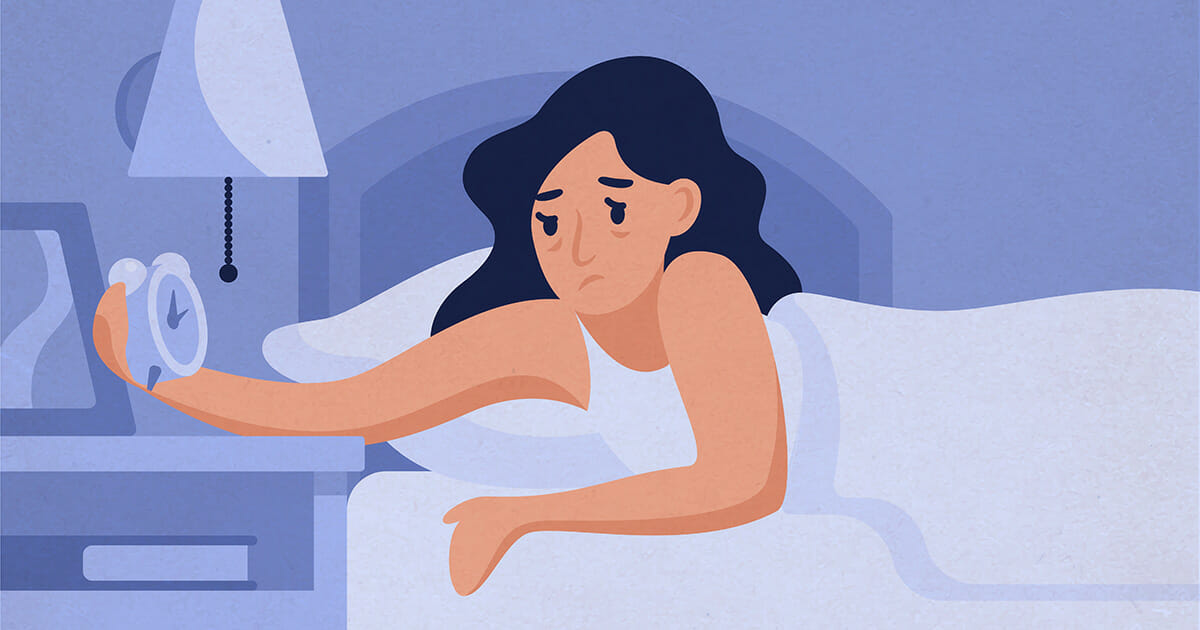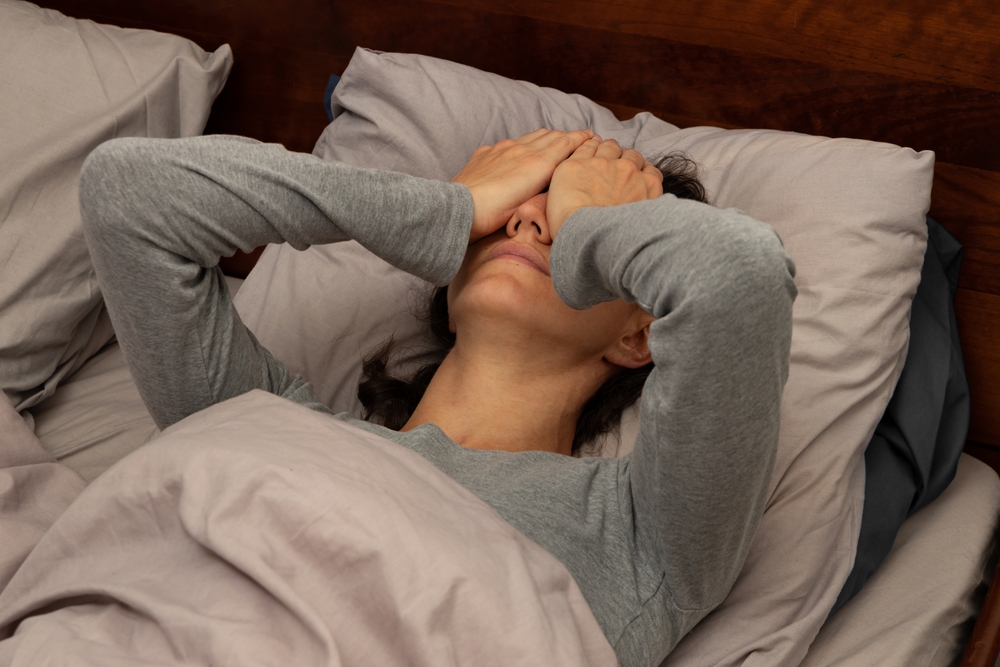
Having a full night’s sleep without interruptions seems to be a luxury these days. It’s crucial for feeling refreshed and productive throughout the day, yet it’s becoming increasingly rare.
Many believe that hitting the bed at the right hour guarantees a restful night, only to find themselves wide awake between 3 AM and 5 AM. This isn’t just chance or misfortune – there’s more behind this phenomenon.
These early morning hours, from 3 AM to 5 AM, are sometimes called the ‘hour of the wolf,’ a term popularized by Swedish film director Ingmar Bergman.
Reflecting on these hours, Bergman described it as, „The hour between night and dawn … when most people die, sleep is deepest, nightmares are most real.
It is the hour when the sleepless are haunted by their worst anguish, when ghosts and demons are most powerful. The hour of the wolf is also the hour when most babies are born.”
Professor Birgitta Steene explains that this term originates from Swedish folklore, emphasizing a period associated with notable occurrences in life, such as the birth of babies and the passing of individuals.
This time is also when our bodies likely experience the deepest rest, making any disruption particularly impactful on our bodily functions.
In folk traditions, this timeframe is often referred to as the witching hour or the devil’s hour. It is traditionally linked to supernatural phenomena, suggesting that witches, demons, and ghosts are believed to hold their greatest power during these moments.
The Hour of the Wolf
For those enjoying a peaceful sleep, the hour of the wolf is when rest is at its deepest. However, for those who find themselves awake, it stands as a time when anxiety levels can peak.
Why is this the case? Our bodies operate on a circadian rhythm, a 24-hour cycle that aligns with the natural light and dark cycle of the day. At night, physiological processes like body temperature, blood pressure, and metabolism decrease.
Around 4 AM, these levels reach their lowest, coinciding with the body’s natural rest phase. However, if you’re prone to anxiety, these feelings tend to magnify during this timeframe, explaining why you might wake up suddenly.
Understanding Circadian Rhythm
Our circadian rhythm controls numerous functions in our bodies, acting like an internal clock. It gets influenced by light, impacting when we feel alert or drowsy.
In response to darkness, this rhythm encourages sleep, dropping our core body temperature and signaling our body to produce melatonin, the sleep hormone.
But not everyone’s circadian rhythm operates harmoniously. Factors like stress, lifestyle changes, or underlying health conditions can disrupt this cycle, leading to disrupted sleep patterns and episodes of waking up too early.
Such disruptions might be a reflection of the body’s increased sensitivity to stress during the early morning hours, amplifying anxious thoughts or feelings when least expected.
Practical Tips for Better Sleep
Achieving uninterrupted sleep might require tweaking your environment and habits to support better rest. Consider limiting screen time at night or indulging in relaxing activities to wind down before sleeping.
Turn your bedroom into a sleep-friendly oasis by keeping it dark, quiet, and at a comfortable temperature.
Additionally, try establishing a consistent bedtime schedule, allowing your body clock to stabilize.
If you continue to find yourself waking up during the hour of the wolf, it may be beneficial to observe your stress levels and engage in mindfulness practices to ease anxiety.
Of course, if sleep disruptions persist and significantly affect your daily life, consulting a healthcare professional could provide insight and solutions tailored to your needs.



